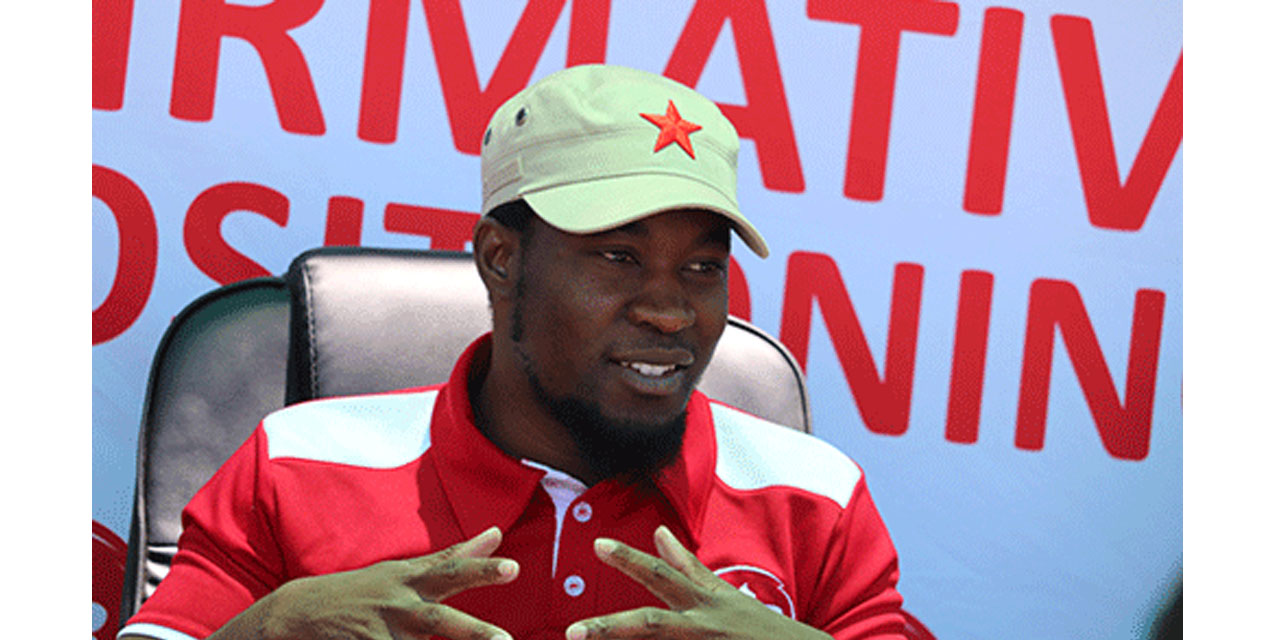Hertta-Maria Amutenja
The Affirmative Repositioning (AR) party, in its recently released manifesto for the 2024 Presidential and National Assembly elections, has proposed the introduction of issue-based ballots during elections.
This, according to the party, will deepen democratic participation in Namibia.
AR leader Job Amupanda explained that this shift seeks to allow citizens to vote not only for individual politicians but also on critical national issues, which AR argues cannot be left solely to politicians in Cabinet and Parliament.
“Instead of citizens only voting for individual politicians after every five years, the AR government will add additional issue-based ballots where citizens will be required to vote on important national matters,” Amupanda said.
This proposal is one of the reforms AR is putting forward to overhaul Namibia’s political system, which the movement believes requires drastic changes to respond to the needs of the masses.
The party has expressed concerns that the current political system by the Swapo-led government, does not sufficiently address the challenges faced by ordinary Namibians.
Among other key points in the manifesto, AR has called for the reduction of the voting age from 18 to 16 years, stating that Namibians as young as 16 already make important decisions, such as obtaining identity cards and learner’s licenses.
“The AR government will, therefore, reduce the voting age from 18 to 16 years,” Amupanda stated.
AR also proposes an end to the periodic voter registration process, arguing that it is cumbersome and hinders democratic participation. The movement believes this will simplify the voting process and increase participation.
The protection and promotion of indigenous languages form another aspect of AR’s manifesto.
The movement plans to declare all local languages as national languages through an act of parliament, emphasising the need for the preservation and development of Namibia’s linguistic heritage.
Additionally, the AR promises to permit the use of local languages in parliamentary debates, with translators employed to ensure effective communication.
Furthermore, the AR will focus on the creation of sub-ward officials below constituency councillors to enhance service delivery at the local level.
Amupanda highlighted these officials, noting that the current system places too much responsibility on a single councillor, often without sufficient capacity.
According to the party’s head of legal affairs, Stanley Kavetu, AR will continue to make politics fashionable for the youth.
He added that since AR came into the political scene, it has achieved a lot.
The party started as a pressure movement in 2014 and was registered as a political party this year.
“It’s surface to say that without political power, the AR movement has been able to awaken Namibians to successfully fight corruption, safeguard the interests of Namibians, influence and direct government policies such as FIMA, and arouse youth interest in politics. These achievements across these broad categories and more demonstrate clearly that with political power OR will be in a stronger position to ensure political participation to fight corruption,” he said.
The party received land in the Kongola constituency while they were in Zambezi, where they intend to construct a sports stadium.




